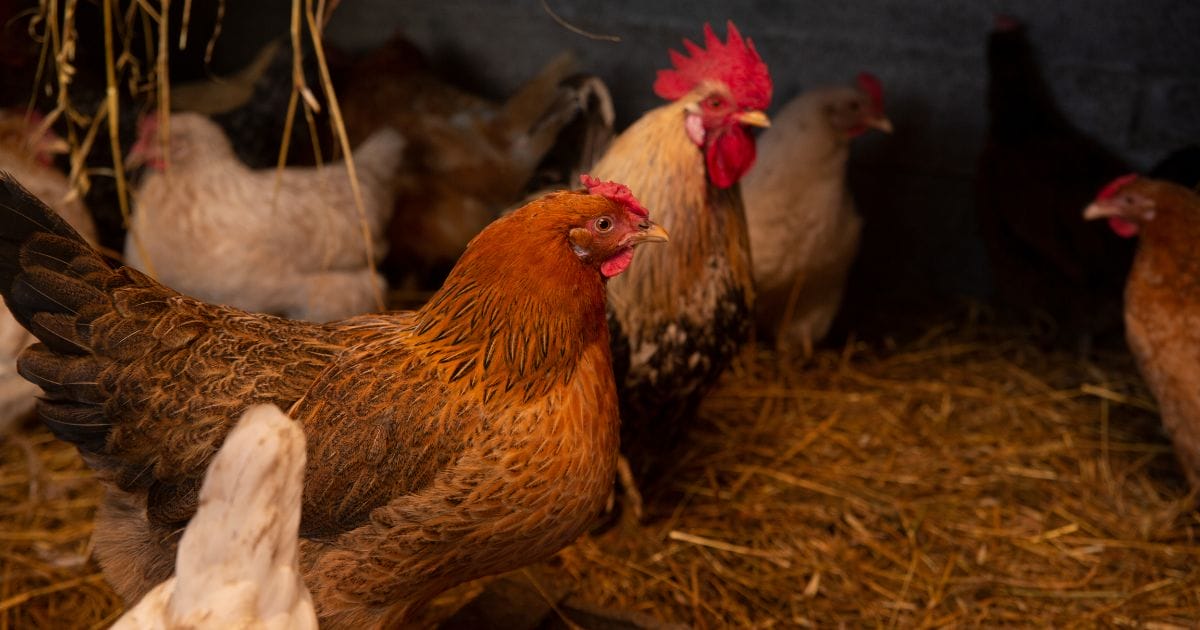The state Department of Agriculture will have added authority to help prevent the spread of animal-borne disease by restricting the movement and sale of diseased animals, thanks to legislation passed by state Rep. Sonya M. Harper, D-Chicago.
“During past outbreaks, like the recent bird flu epidemic, we’ve seen how disease was able to spread and affect more and more animals because authorities could only ask that animals not be moved,” Harper said. “That’s why, when my fellow lawmakers and I sat down to figure out how to solve this problem, we quickly realized that being able to quarantine affected animal populations was crucial.”
Harper’s House Bill 3087 allows the Director of the Illinois Department of Agriculture to declare a temporary, statewide ban on the sale, movement or exhibition of certain types of diseased animals. Such declarations can last for a maximum of 30 days, but can be extended in 30-day increments.
Previously, the Director had to ask the Governor to issue such an order and the order could only affect a defined municipality or geographic area. This proved inefficient and hampered the Department’s response to the 2022 bird flu outbreak which led to the deaths of over 49 million wild and domesticated fowl. Many farms and bird refuges were particularly hard-hit.
The bill was unanimously approved by both House and Senate. Gov. J.B. Pritzker signed the bill into law on July 4, and it becomes effective January 1, 2024.
Harper is chairperson of the House Agriculture and Conservation committee and has a long record of sponsoring legislation to promote and protect agriculture and farmers.
“Keeping our state’s animal populations—both wild and livestock—protected when there’s an outbreak is important,” Harper said. “Not only to protecting our environment, but also the agricultural economy and the farms and farmers whose livelihoods are at risk if they lose their flocks. That’s why making sure that we have the tools to respond effectively to emergencies is so important.”






